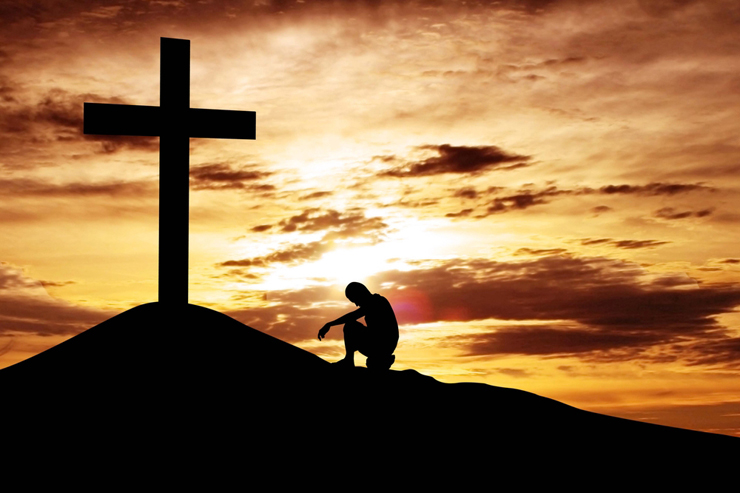This week’s poem in the Catholic Poetry Room is a translation by James Reidel of Franz Werfel’s poem, San Vitale in Ravenna.
San Vitale in Ravenna
This space is hewn out of space,
Is chiseled from the universe.
And God’s gold and the green’s blue,
Makes it so unstellar, of steel.
Here the Christ is youthful. He rides
In the saddle of his heavenly throne.
The entourage, which escorts him,
Reveres the Caesarhood of the son.
The empty sarcophagi welcome
In the garden outside, light-tended,
Like hollow nuts at our feet
Scattered by the autumn of time.
Note: title, San Vitale, the basilica famous for its impressive sixth-century Byzantine mosaics; line 5, the Christ, i.e., the apse, in which Jesus Christ is depicted as a young Roman emperor flanked by two angels, the martyr St. Vitalis, and the Bishop of Ravenna, Ecclesius.
Franz Werfel (1890–1945) is best known for his novels, such as The Forty Days of Musa Dagh and The Song of Bernadette. However, Werfel began his career as an Expressionist poet in the second decade of the twentieth century and continued to write and publish verse throughout his career. His poetry has enjoyed a revival interest in Europe, especially among younger literary scholars.
James Reidel has published poems in many journals as well as Jim’s Book (Black Lawrence Press 2014) and My Window Seat for Arlena Twigg (Black Lawrence 2006). His most recent work appears in Poetry, Queen Mob’s Teahouse, Hawai’i Review, Outsider, Fiction Southwest, The Flexible Persona, and elsewhere—including The Best Small Fictions 2016. He is also the biographer of the poet Weldon Kees and a translator, whose latest books include Comedies by Robert Walser (2018, trans. with D. Pantano); The Collected Poems of Thomas Bernhard (2017); A Skeleton Play Violin (2017), book three of his Our Trakl series; and a new edition of The Forty Days of Musa Dagh by Franz Werfel to be published by Penguin in early 2018. In 2013, he was a James Merrill House fellow. He is currently writing a collection of prose poems.















